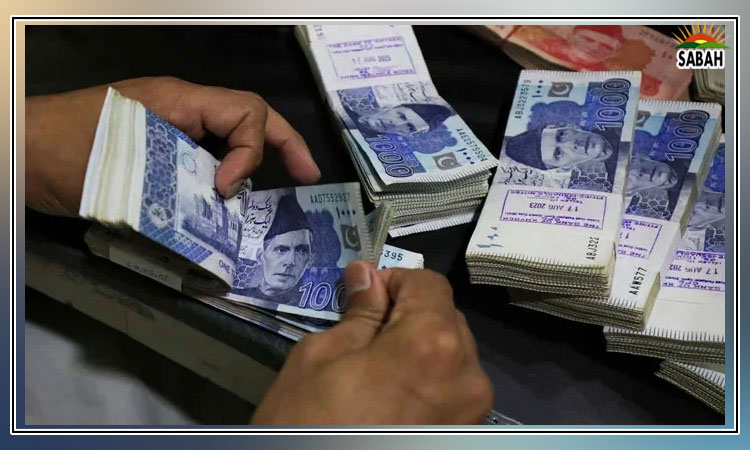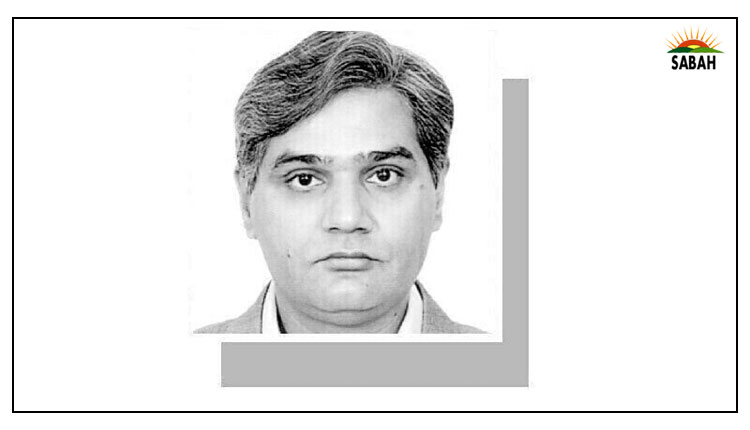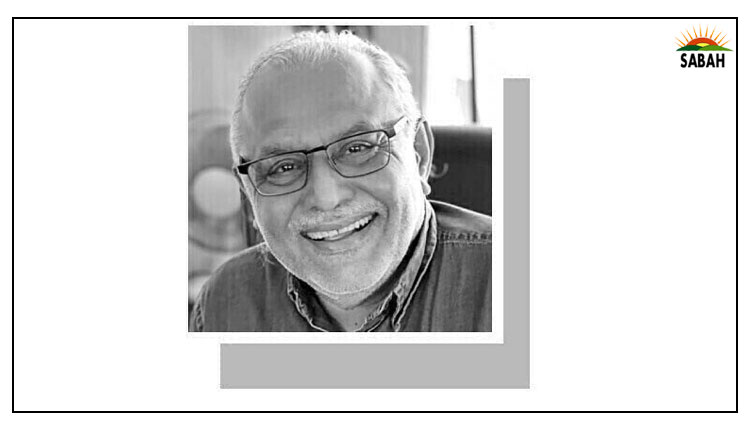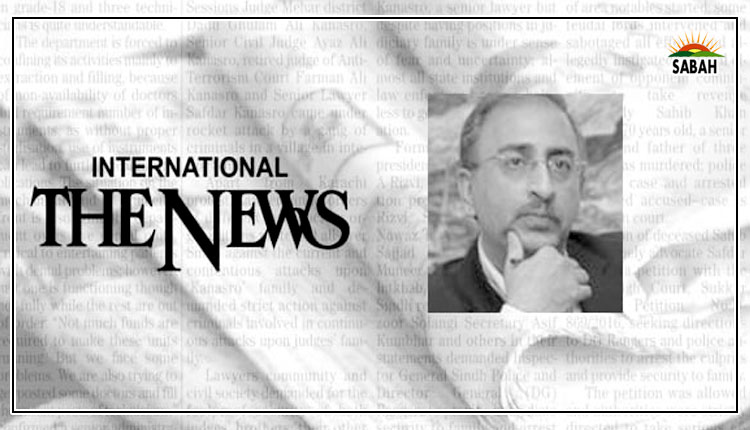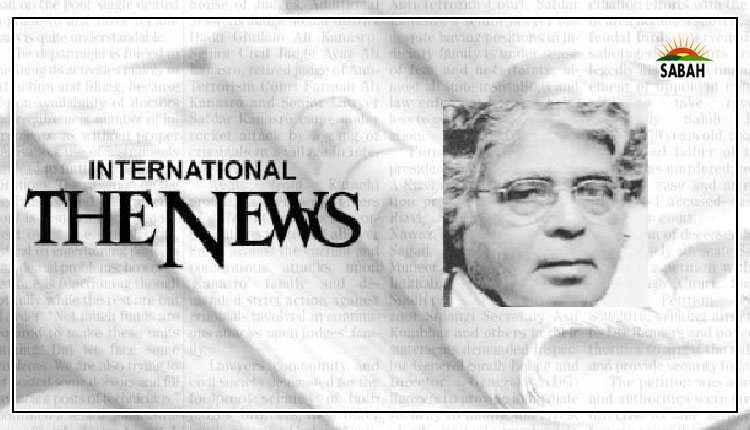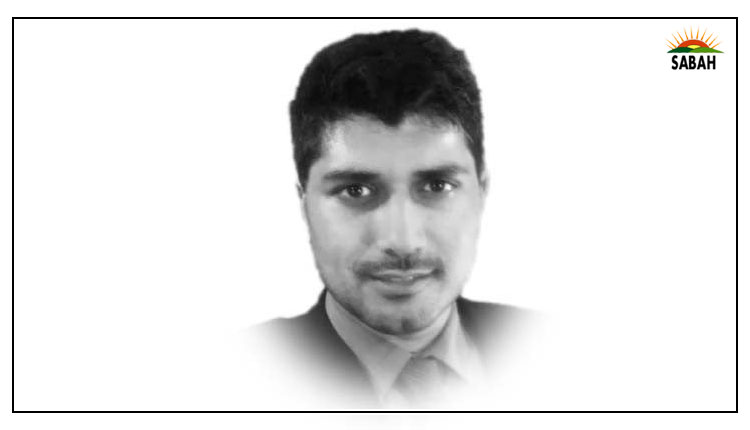Falak IMF: Mirror Mirror… Muhammad Ali
As Pakistan inches towards another IMF programme, in tatters with a crippled economy, the hope to get long-term relief may just be a farce for a country that is experiencing its 13th balance-of-payments crisis since 1988 and is in its 23rd Fund programme since 1958.
However, between all the panic of going bankrupt and having a fragile sigh of relief at the expected IMF programme, the question lingers on especially in the minds of cognitively active: Why do we beg? Has it become our second nature as a society to make ends meet by relying on financial help from other people? Why do we feel ourselves entitled for help from the others and have an intrinsic aversion from work?
Discussions in the offices are no different where people spend the entire day lamenting the skyrocketing inflation and their struggle to make the ends meet. However, if you pass through any busy road in the metropolitans of the country, the restaurants and malls will be found filled to capacity. People in our society take loans to spend extravagantly on things they do not need at all a cultural mistake that is costing us our peace of mind and self-respect at every level.
Its endemic in our society that we dont live within our means and are always ready to extend our arms for asking financial help with almost no intention to repay. People find it almost impossible to budget their house expenses and dont shy away from asking for loans and feel almost no remorse for not paying them back.
On the other hand, personal success is always envied. Successful businessmen are always termed materialistic, and the desire to be financially independent is looked down upon. The buck unfortunately does not stop at the individual level.
Our diplomacy is now seemingly focused on borrowing money and maintaining good terms with potential lenders abroad. Even at the national level, our success at home is gauged by how much foreign loans, deferred payments and aid we can amass. The irony this is even celebrated!
Currently, Pakistan owes the world about $100 billion and has to repay $21 billion to foreign lenders during the current fiscal year. And during the next three years, it will have to return similar or larger amounts each year totaling about $70 billion. So, what happens four years from now? Will we have repaid about $90 billion to our creditors and owe only $10 billion? Sadly, no. We have no resources to repay our lenders. We will just have to try to borrow from one creditor to pay off another.
From the US to China, Russia to EU, and Saudi Arabia to Turkey; our friendships are pinned on the anticipation of finding a soft creditor. The tendency resulting in our economic, social and moral slip down the hill.
Its not hard to guess that with every passing year the country is going to sink deeper into the quagmire of debts leaving us with no option but to borrow even more loans. International Financial Institutions have already slashed the projected growth of Pakistan in half in the coming years, but no political seriousness is in sight.
This is a textbook example of what psychologists call an external locus of control, referring to the belief in some individuals and societies that they do not have agency over what happens to them, and that their life outcomes are determined by external factors beyond their control.
Despite the repeated identification of the (same) problems, tax collection has doggedly remained mired at around 10% of GDP for over seven decades. Imports are shrinking and our spending habits have created a consumer-oriented society where we are importing extravagantly non-essential items. Work is for the underdogs!
Its time the government should look for a long-term solution of changing a culture of living on borrowing, and promoting a friendly perception in society for businessmen and entrepreneurs; else the world will be tired of lending to us and someday Harvard Business School may have a case study on us: why did they beg; despite no apparent reason?
Courtesy The Express Tribune, March 6th, 2023.




